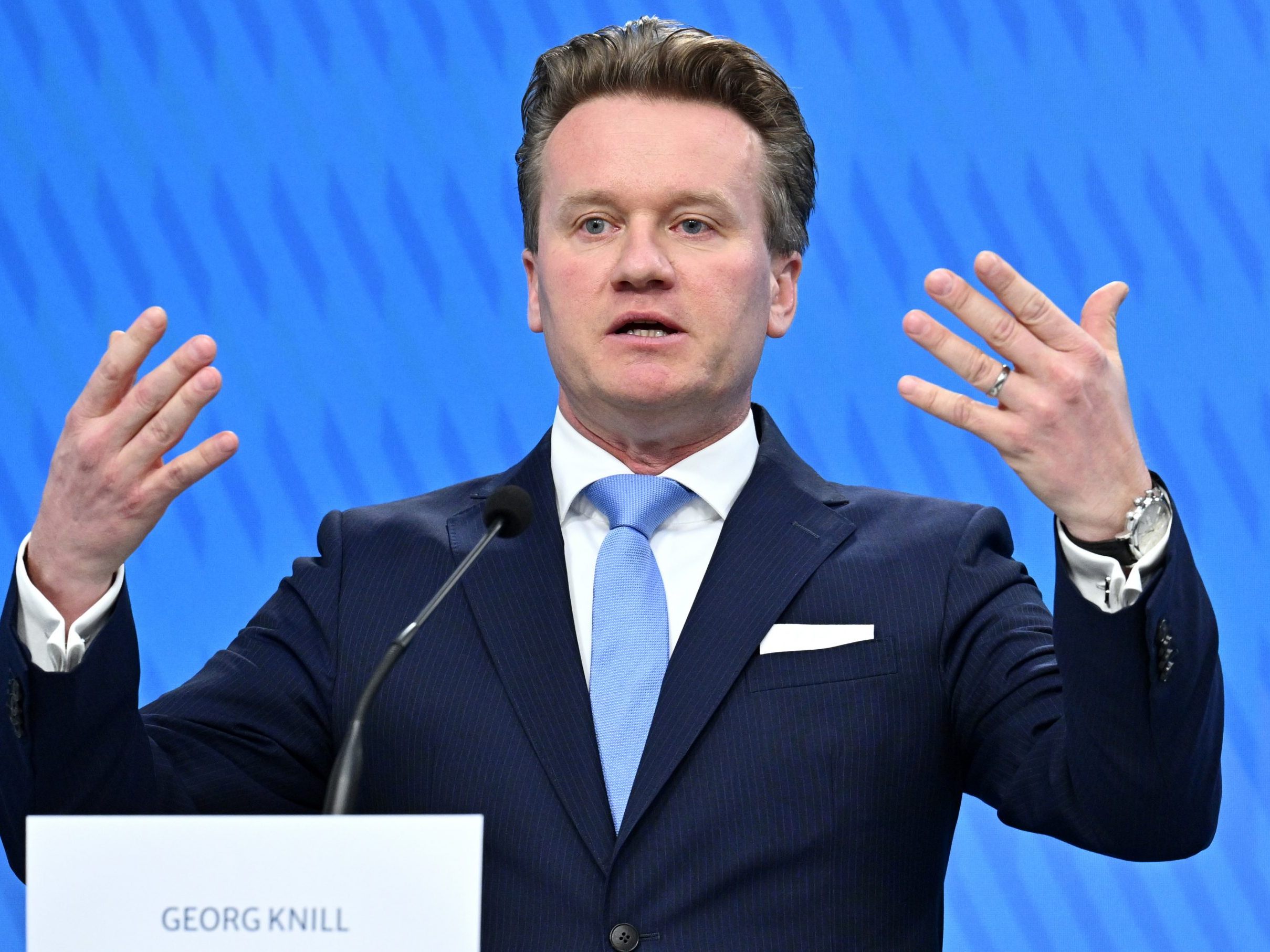Pension Debate: Sharp Criticism of Knill's Proposal for 70

"Anyone who is now calling for an increase in the statutory retirement age is engaging in pure polemics and creating uncertainty," said the interim PVÖ President Helmut Bieler.
Criticism came from the SPÖ-affiliated Pensioners' Association (PVÖ), the union, the Freedom Party, and the Greens.
Knill had stated the day before on ZIB2, after being asked multiple times: "We can certainly move towards 70." This was recently decided by consensus in Denmark, "why should it be different in Austria." In any case, an "honest discussion" is needed, as it is currently being ignored that the system is not secure. A federal government is needed "that honestly and courageously implements the reforms," said Knill.
Pensioners' Association: Jobs for People Over 50 Needed
The Pensioners' Association does not want to accept this. Instead of raising the statutory retirement age, jobs for people over 50 are needed. Additionally, measures are needed to ensure that people can remain healthy in the workforce for longer. The assumption that older workers do not want to work is incorrect. Rather, the appropriate jobs are lacking, argued Bieler.
"If Mr. Knill had researched before his statements, he would have found the following unequivocal figures: People over 50 are the group most affected by long-term unemployment," emphasized the interim PVÖ President. Nationwide, one-third of the long-term unemployed are over 50 years old, and one-quarter are older than 55. The main reason for this is still the very age-hostile attitude of the economy. Therefore, the Pensioners' Association has been demanding for years a bonus-malus system that rewards companies that employ or newly hire older workers and sanctions those that retire employees early on a large scale or push older workers out of the company.
The president of the ÖVP-affiliated Senior Citizens' Association, Ingrid Korosec, also showed reservation. "Men retire on average at 62.2 years instead of 65," she said in a statement. "And people here statistically become ill on average at 61.4 years, thus retiring sick. Already at 50, one is often considered 'too old' for the job market." These are "the big problems" that urgently need to be solved, according to Korosec. "Raising the statutory retirement age would further widen this gap." She therefore calls for a "social partnership alliance between employers, employees, and the state for an initiative for more age-appropriate jobs."
Criticism also comes from the Freedom Party in the person of social spokesperson Dagmar Belakowitsch. If Knill thinks that the retirement age can be raised to 70, then that is "not only completely out of touch with reality and cynical, but also a form of bashing older workers in a neoliberal manner," said Belakowitsch. As head of the Federation of Austrian Industries, he should rather deal with how young people can be enabled to enter the workforce more quickly through tax incentives, or how long-term unemployed and older workers can be kept in employment longer.
Green social spokesperson Markus Koza also found sharp words: Knill's demand is "clearly to be rejected." Now it is primarily about aligning the effective retirement age with the current statutory one. Discussions about working until 70 do not help us one bit, but only demonstrate an incredible detachment." In view of rising unemployment figures - especially among older people, the demand is "absurd and cynical."
Steirian SPÖ state party leader Max Lercher found rather harsh words: "Knill mocks the hardworking people of Styria," he directed at Knill, "who hails from Styria."
"Anyone who seriously deals with the Austrian pension system knows that pensions are secure and that several adjustments need to be made if the actual retirement age is to be increased," explained ÖGB President Wolfgang Katzian. By now, one in four does not retire from employment, but after a period of illness or from unemployment. Katzian also wants to hold companies accountable for employing older workers.
GPA chairwoman Barbara Teiber was harsh on Knill: "This is not a serious proposal, it is a deliberate provocation - against all those who have worked all their lives and often struggle with their health or job security by the age of 60." This has nothing to do with labor market policy, "it is simply cynicism," said Teiber.
(APA/Red)
This article has been automatically translated, read the original article here.





